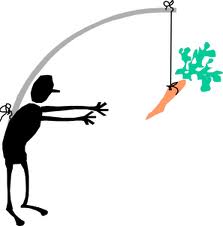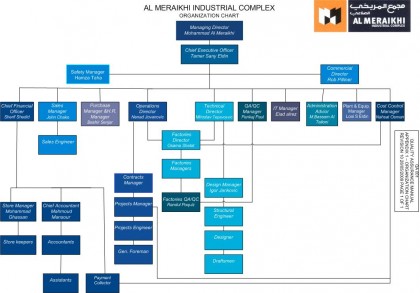Do Personalism and Business Mix?
Devra Torres | Aug 4, 2014
I’m still editing Foundations of Management, that book by Juan Antonio Perez Lopez, my husband’s late mentor. I continue to be happily surprised at how personalist-friendly it is. The book is lengthy and systematic, but this post will be neither: just a little something to whet the appetite.
On the Limits of Coercive Power

Juan Antonio distinguishes between power and authority. Power in business organizations is generally measured in terms of money: if you have enough of it to offer—or sufficient power to take enough of it away—you can force anyone to do anything, can’t you? Whether it functions as a carrot or a stick. It’s the “universal motivator.” Isn’t it?

It turns out it's not. There are more limits than you might expect. Coercive power cannot produce an affective response, for instance. At best, it can yield an imitation of one.

And you can’t coerce trust or cooperation or loyalty. You can trick people into trusting and wanting to cooperate with you. Plenty of research is devoted to just that: the search for ever more effective techniques of manipulation, so as to “produce” a sense of unity, of identification with the organization. But you can’t force anybody to trust you: either your intentions or your competence.
It’s not always illicit to exercise power, of course. But the goal, Juan Antonio insists, is to get to the point where you don’t have to use it—where you don’t have to resort to “Because I said so, and I’m the boss” or “Because you’re an underling, and you can’t stop me.”

The goal is to achieve the authority that leads people to trust both your intentions and your judgment. They’ll do what you ask, even if they themselves lack the expertise to understand why it makes sense. They know you have their welfare at heart.
This resonates with me as a mother. And it brings us to another key distinction:
The Formal System and the Informal System:
Simply put, the formal system reduces persons to their roles. A mechanistic approach does this: if you’re a cog in a machine, your identity is your function. That's what you're for. An “organism approach” does the same thing, though slightly less blatantly. If you’re a kidney, or a liver, and the company is the body, your whole identity centers around the function you perform for the organism as a whole. Your identity is secondary to its identity.

If you’re a free subject, though, things become complicated—so complicated that many managers would rather just pretend you’re not.
The typical manager much prefers to do his thinking within the formal system. It fits neatly into organizational charts. It’s unambiguous. It doesn’t try to represent variables like whether Mr. X is hardworking and honest, or whether he's concerned for Mr. Y's development. It doesn’t even consider whether Mr. X gets along well with Mr. Y, whether Mr. Y has a grudge against Mr. X for an unjust action committed last week. It doesn’t concern itself with whether Mr. X is motivated by money-lust, a desire to feel appreciated, or a concern for his subordinate’s well-being.
Instead, it says: Look, just tell me his role. Who’s above him? Who’s below him? What benefits does he have coming to him? What sanctions can be used against him?

Here's Juan Antonio:
The notions about business organizations prevalent in our culture … tend to emphasize formal systems as the most important means of ensuring the company's achievement of its objectives, and that they tend to view informal systems as something of secondary importance--a potential source of conflict and friction--which, at best, may serve to facilitate the objective achievement processes established by the formal system.
This rang a bell with me: this tendency to dismiss and ignore the whole vast reality of what’s going on within personal subjects, as well as what’s going on between one subject and another. It can happen in families, in schools, in cultures. It infests medical, scientific, and educational endeavors. And it can seem especially natural in a company. It's the pseudo-practical approach.
Some managers do perceive the importance of personal and interpersonal realities but feel forced to ignore them because they can’t be measured as easily as production and remuneration. Others really don’t see that they matter, dismissing them as touchy-feely ephemera. Others—maybe the worst of all—see the usefulness of taking personal and interpersonal realities into account and devote themselves to trying to measure and manipulate them—like the sandwich shop that formally requires its employees to smile at each customer.

They’ve found a way to turn a personal affective response into a quantifiable and assessable duty. Now they can realy start engaging in some more efficient coercion.
There's lots more here. Those most familiar with organizational behavior literature can best appreciate how revolutionary and refreshing Juan Antonio's approach is. I just hope they're not too benumbed by the usual fare to notice.
